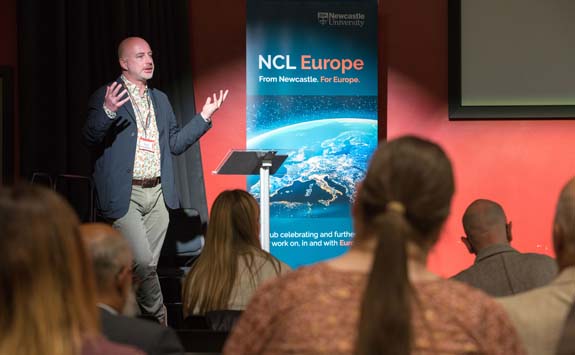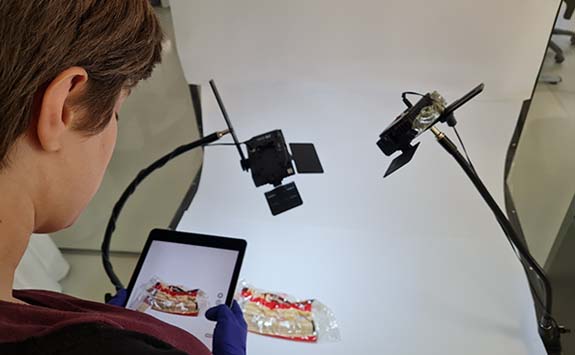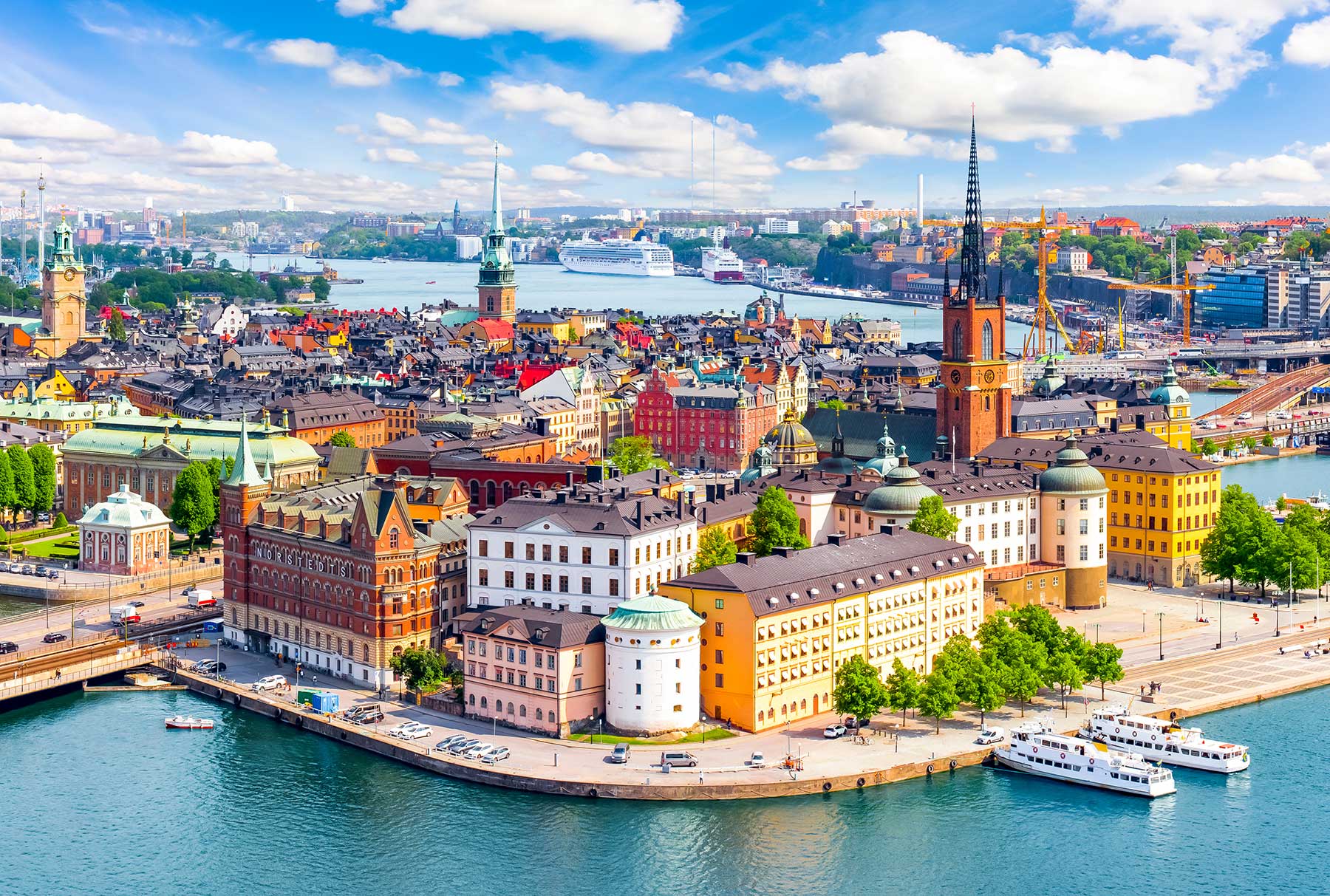Europe
Newcastle University is proud of its continuing identity as a European institution.
Europe remains Newcastle’s top destination for academic collaboration
There are over 1,600 collaborating institutions across the continent and since 2019, over 8,600 co-authored publications.
With a network of over 170 partner universities, we offer a wide variety of student exchange and mobility opportunities in Europe. For instance, our language programmes allow students to immerse themselves in a different culture whilst developing fluency in a foreign language.
We are also proud to welcome more than 1,300 students from Europe. They contribute to our academic excellence and global university community.

NCL Europe
NCL Europe is a new hub at Newcastle University. It celebrates and advances the University’s work on, in, and with Europe.
As a focal point for European activity, NCL Europe organises public events and networking opportunities in the areas of:
- research and funding
- teaching
- mobility and student recruitment
- regional connectivity
- policy and influence
The hub also facilitates joint research and mobility schemes.
National University of Water and Environmental Engineering (NUWEE), Ukraine
Newcastle and NUWEE have been ‘twinned’ through the UUKi/Cormack scheme. This was based on several areas of academic synergy, especially in the fields of:
- water
- engineering
- agriculture
- the built environment
Both institutions signed a five-year MoU in June 2022. It will support long-term research and educational collaboration, including:
- short-term mobility schemes for NUWEE students and staff
- peer-assisted language support
- remote access to academic resources such as Newcastle’s library system
British School Rome (BSR)
Building upon a long-standing partnership, Newcastle University and BSR signed a MoU in 2022. They will develop new collaborative projects that build research capacity, promote knowledge exchange and expand academic networks in the fields of:
- archaeology
- creative arts
- heritage
- literature
As part of this new partnership, both institutions will launch two joint fellowship programmes focused on PGR students and staff. This will also include unaffiliated scholars and non-academics from the heritage, gallery, library, archive, museum and architecture sectors.
European Reference Networks on rare diseases
With our strong research expertise and Centre for Rare Diseases, we launched three of the 24 European Reference Networks (ERNs) in the field of rare diseases, including:
- immunodeficiency, auto-inflammatory and autoimmune diseases
- liver diseases
- neuromuscular diseases
This was in partnership with Newcastle upon Tyne Hospitals NHS Foundation Trust.
These ERNs reduce inequalities for patients by bringing together healthcare professionals, patients and policy makers to:
- generate new knowledge
- improve access to highly specialised care
- stimulate new research to ensure rare disease discoveries become adopted therapies
Find out more about European Reference Networks on rare diseases
Accelerating C-ITS mobility innovation and deployment in Europe
As part of the C-MobiLE project, Newcastle's School of Engineering collaborate with over 30 European partners. The project propelled existing and new pilot sites towards large-scale, real-life cooperative intelligent transport systems. It made European road networks safer, more efficient and more sustainable.
Pilot sites for the project included a total of eight cities and regions, including:
- Newcastle
- Barcelona
- Thessaloniki
- Bordeaux
Beyond ‘Left Behind Places’
Beyond 'Left Behind Places' is a project developing a new understanding of demographic and socio-economic change in peripheral regions of:
- France
- Germany
- UK
It is a comparative, cross-national project that involves 16 academic researchers and a range of non-academic partners. It examines the circumstances and prospects of places and people currently categorised as ‘left behind’.
University organisations
International students
We're pleased to offer automatic scholarships worth 30-50% of the international tuition fee for EU students looking to study in 2023. In addition we offer 30 partial Vice-Chancellor’s Excellence Scholarships. They'll assist EU students to study an undergraduate degree or postgraduate Master’s degree. Find out more about Scholarships for EU students in the UK.
If you are an international student from Europe, visit our International Students website. You’ll find more information about entry requirements, scholarships and more for your country.
Global opportunities
Newcastle has a network of over 170 partner universities across Europe where you can study as part of your degree. Each of our partners are linked to a particular subject area. The partner you choose to study with will depend on what you are studying. We offer a wide range of programmes as diverse as our student body, including:
- the Business School’s dual Master’s degrees with the University of Groningen in the Netherlands
- a mathematics and statistics undergraduate and postgraduate student exchange with the Technical University of Munich, Germany
Newcastle offers several short-term study abroad programmes. There are also opportunities for field trips and expeditions abroad.
We offer opportunities to travel to Europe and other global destinations through:
- exchanges
- summer programmes
- volunteering
- work opportunities
Learn more about previous students embarking on a three-week expedition to study climate change in Svalbard, Norway.
International Coalition of Sites of Conscience
We have a strategic partnership with the International Coalition of Sites of Conscience (ICSC). We’ve placed student interns at several ICSC member sites, including the War Childhood Museum in Bosnia and Herzegovina. Students actively promote social justice and a universal culture of human rights. They work to:
- empower marginalised communities
- counter hate speech and violent extremism
- preserve the memory of victims of human rights violations

